Bvlgari’s Circular Economy Model
A circular economy aims to shift the paradigm set by the linear economy by limiting waste and the environmental impact of resources, as well as increasing efficiency at all stages of the product economy. Over the years, Bvlgari has been adjusting its production processes to create better economic models and working conditions. This ensures responsible sourcing and traceability of raw materials, as well as reusing, reducing and recycling of secondary raw materials.
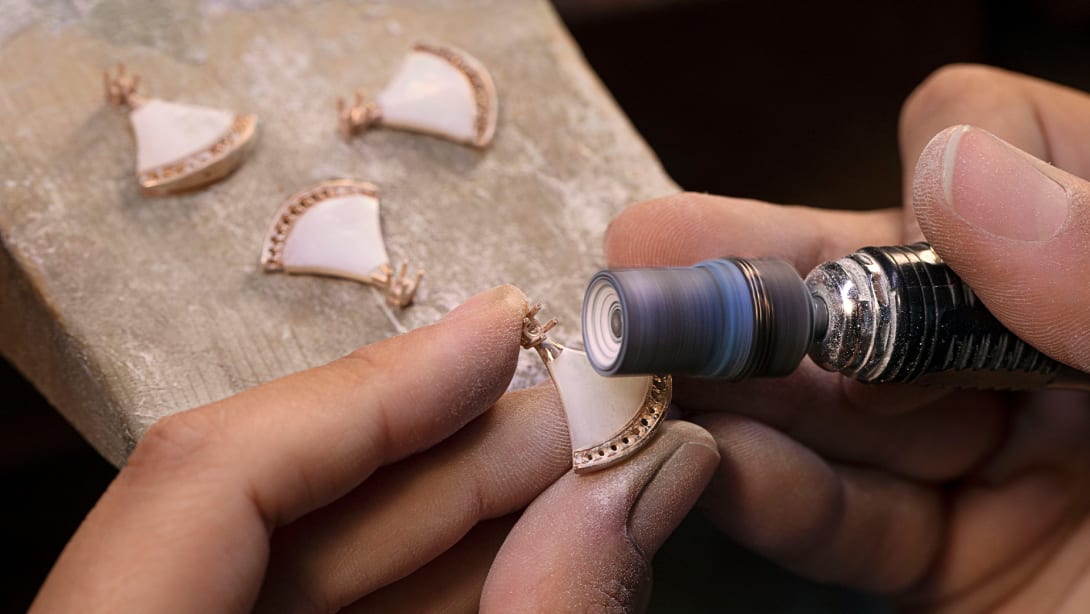


Bvlgari's circular economy model
"Bvlgari has been taking steps to improve its production and supply in order to create a circular economy model."
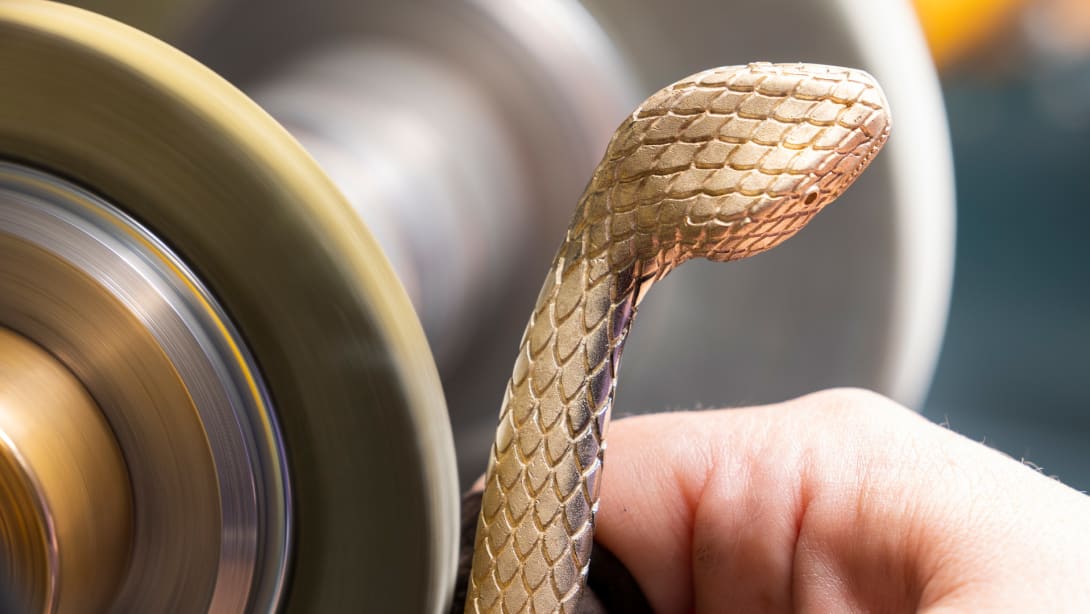


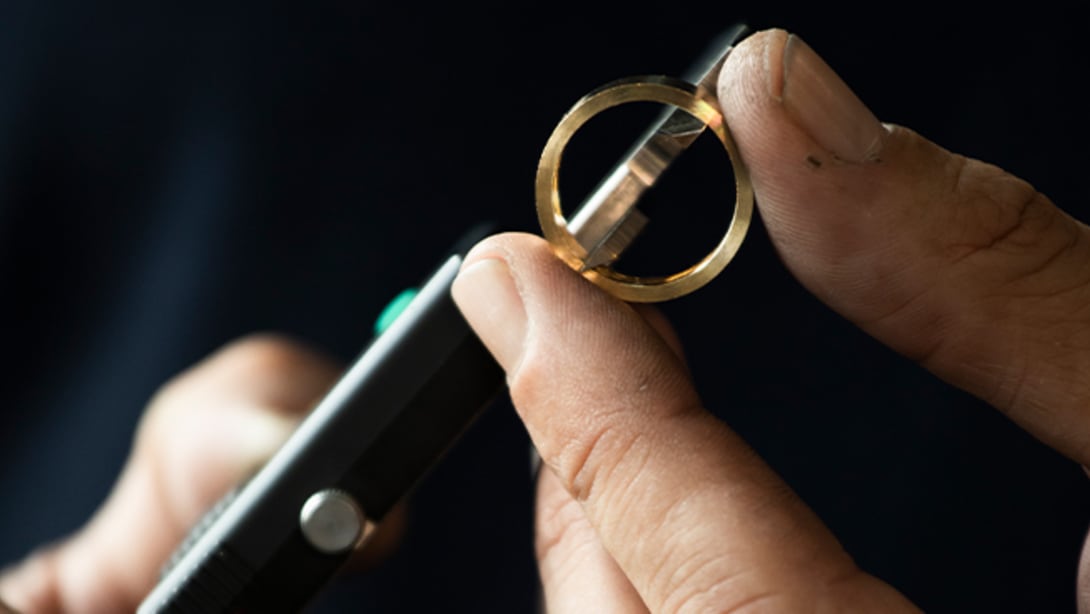


Gold
Streamlining the production of jewels means that each phase is well known. To achieve this, Bvlgari obtained the Responsible Jewellery Council (RJC) Chain of Custody certification in 2015, then periodically renewed it every 3 years. Consistently, 100% of gold sourced by Bvlgari comes from suppliers certified by the RJC Code of Practice and Chain of Custody, ensuring that they all adhere to strict principles that safeguard the gold’s origin and production process.
Diamonds and coloured gemstones
In addition to requiring a Kimberley Process certificate, Bvlgari also works with suppliers who achieved the Responsible Jewellery Council (RJC) Code of Practices Certification. As of today, 100% of Bvlgari's diamond suppliers have obtained the RJC Code of Practices Certification. All coloured gemstones used by Bvlgari are purchased firsthand through established international markets and networks of traders. Bvlgari specifically requires each supplier and trader to buy diamonds and gemstones respecting principles stated in its Supplier Code of Conduct.
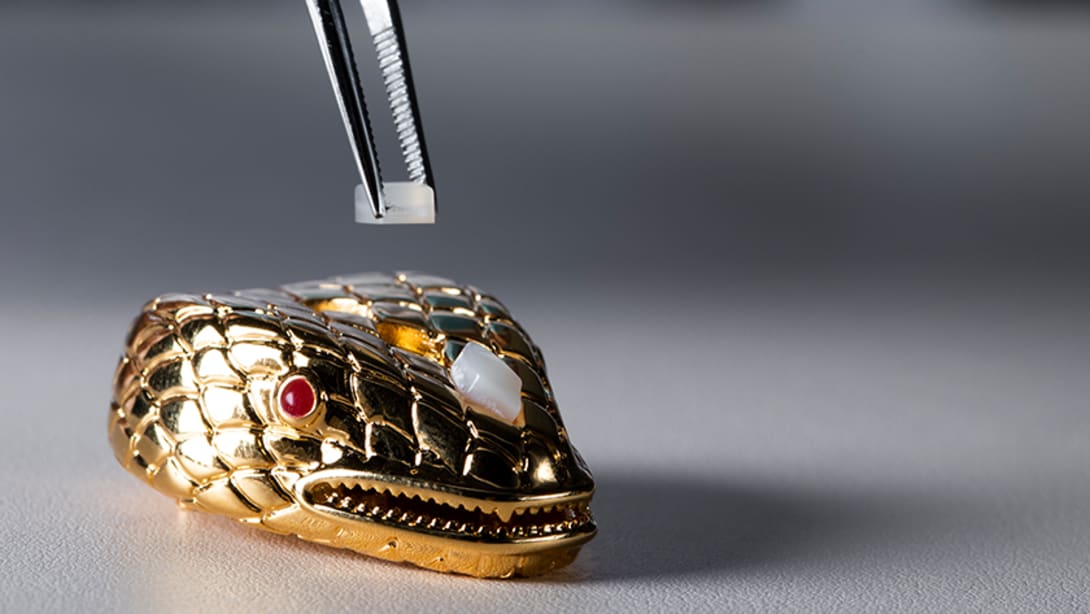


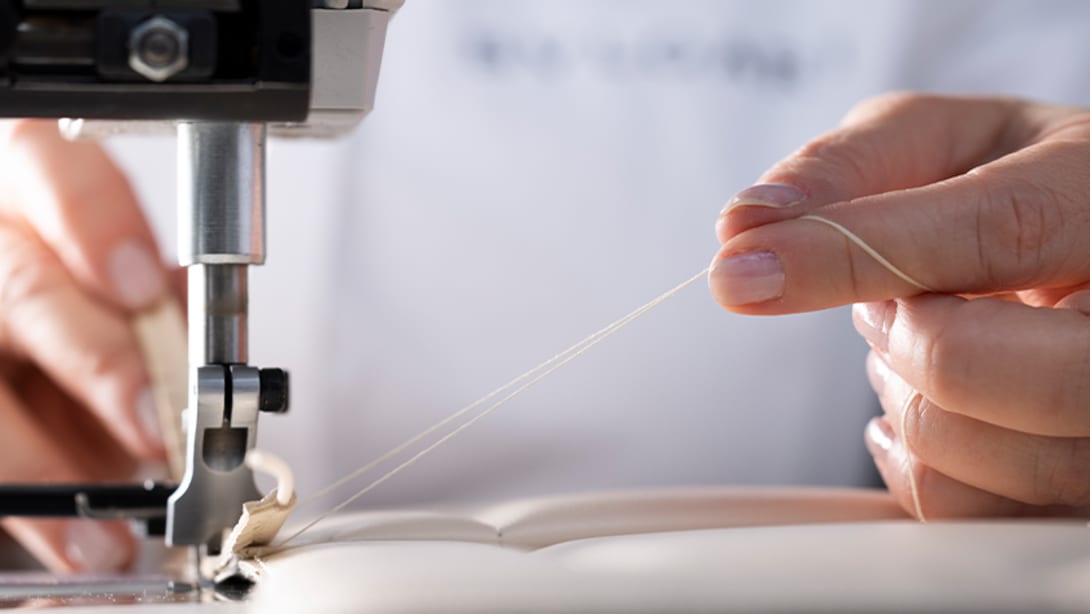


Leather goods
Bvlgari Accessories’ supply chain begins with leather, which is derived from the food industry. The Maison assesses leather goods from an eco-design perspective, using a Life Cycle Assessment (LCA) to reduce their impact. This method guides Bvlgari’s mindset and the attention paid to its materials and standards whilst producing high-quality leather goods.
Fragrances
Bvlgari has committed to reducing its carbon emissions across its entire fragrance value chain. To achieve this, Bvlgari applies eco-design practices to fragrances and packaging, works to reduce air transportation and provides environmental training to its employees.
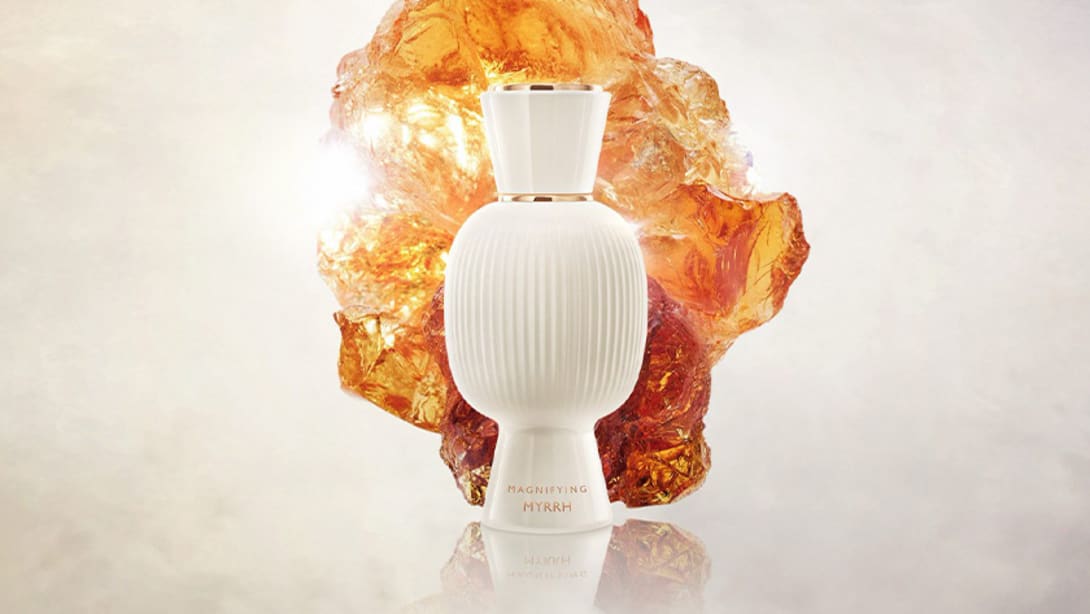


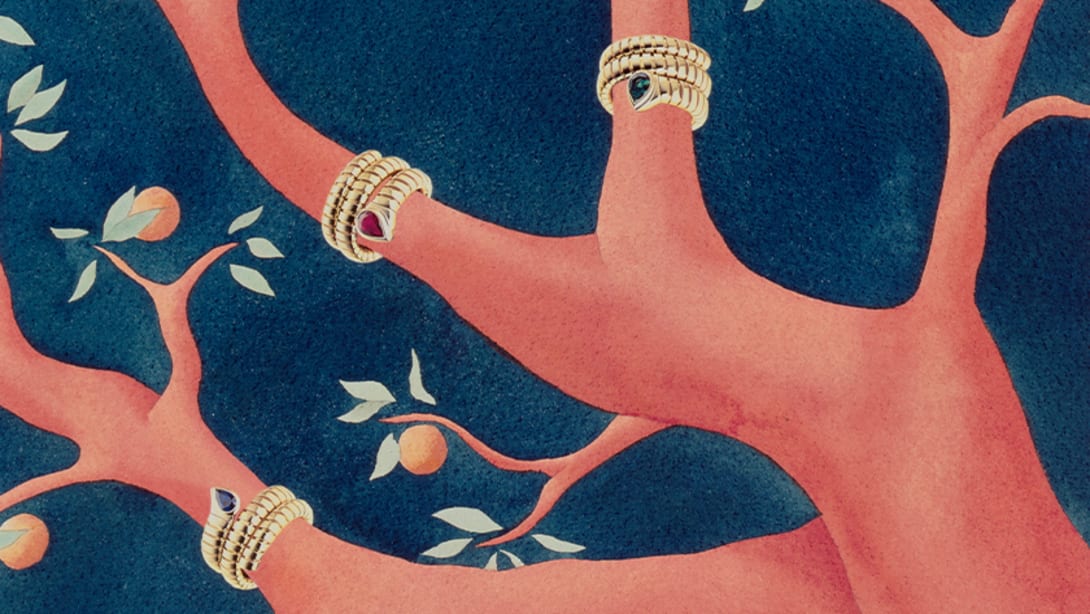


Plastic-free policy and manifesto
Bvlgari has been taking steps to improve its production and supply in order to create a circular economy model that considers the well-being of the people involved and the environment. In 2019, the brand adopted a Plastic-Free Policy and Manifesto aimed at reducing the amount of plastic used throughout the company, its products and its packaging. The Maison has been committed to phasing out single-use plastics from its offices, stores and manufacturing sites.
In mid-2021, Bvlgari introduced plastic-free packaging for its fine jewels and watches crafted from responsibly sourced paper and wood fibre.
When it comes to Hotels & Resorts, Bvlgari is committed to entirely phasing out single-use plastic from its properties and promoting an eco-sustainable lifestyle. Some steps include the introduction of biodegradable key cards, cornstarch laundry bags, 100%-eco-friendly slippers crafted from cotton, palm leaves and cork, and metal stirrers and sugar cane straws.